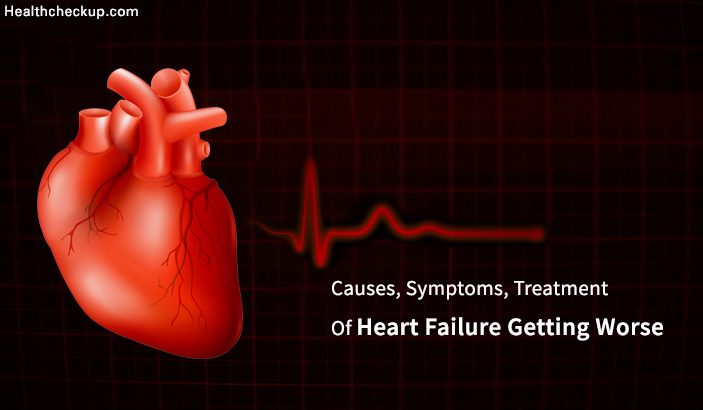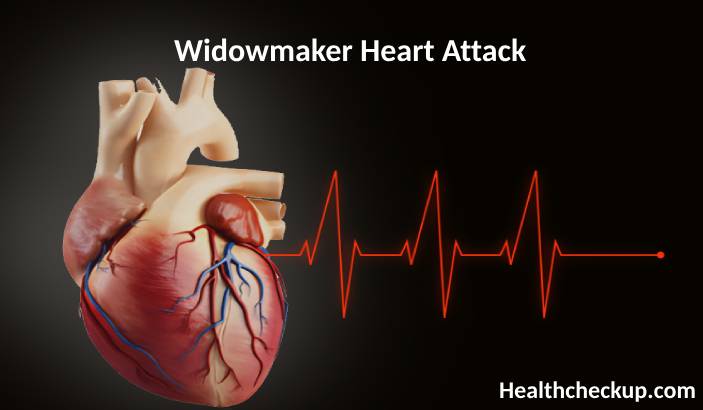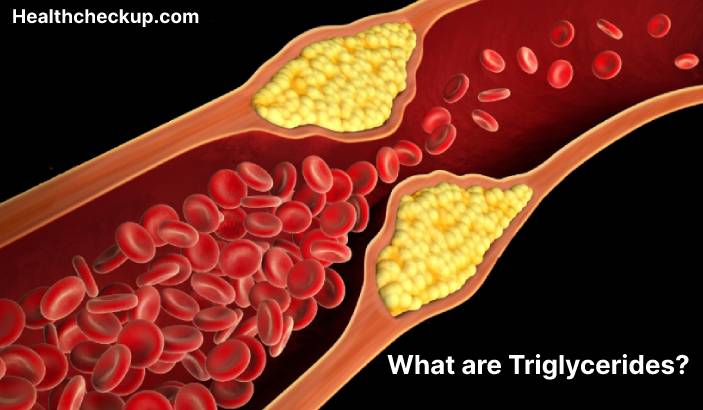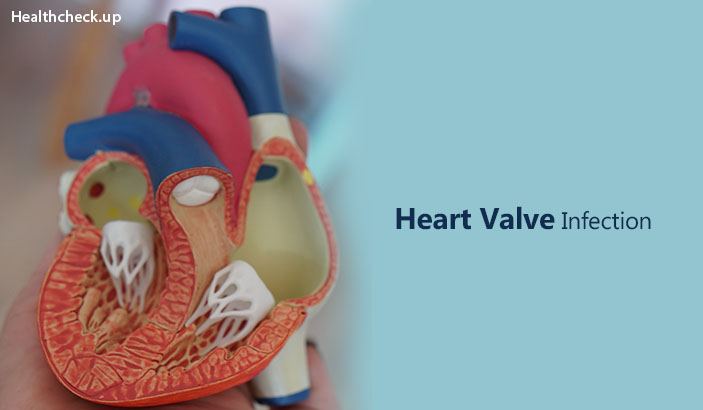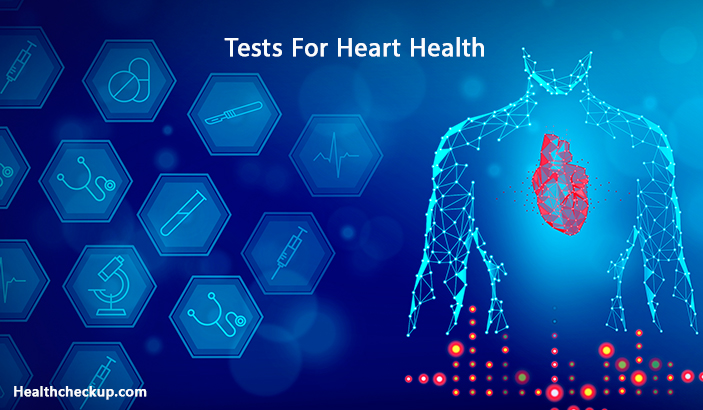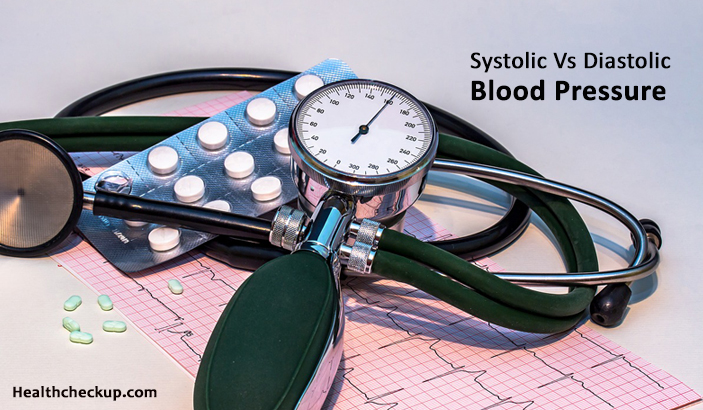In the modern world, cases of heart failure problems have risen and are more prominent to people who are older than 65. Data collected from many source estimate that nearly 6 million peoples are hospitalized because they are diagnosed with this condition. Since the condition can be fatal any symptoms of heart failure getting worse is attended to immediately by a cardiologist.
What is Heart Failure?
Heart failure is a condition of the heart that makes it unable to pump enough blood to meet the body’s demand. Similarly, it can be termed a condition in which the heart is unable to maintain its workload. Consequently, an attempt on the heart to meet the body’s demand, the heart tries to make up for this by pumping faster.
Individuals who are diagnosed with heart failure have their hearts pumping faster thus increasing the patients’ pulses. The pumping fast of the individual’s heart is to assist it in increasing its output. On the other hand, the heart also enlarges because the heart has to enlarge and contract more at the same tie to assist it in maintaining the demand of pumping more blood. Muscles may also build up in the heart because of the contracting cells of the heart that become bigger to assist the heart in pumping blood more strongly.
Symptoms of Heart Failure Getting Worse
Heart failure may have conditions either as chronic or as acute depending on the stage of the condition or the progression timeline of the heart failure. Sign and symptoms that my observed more so on elderly people suffering from heart failure include
- Shortness of breath when they lie down
- Fatigue and body weaknesses
- Individuals may also complain of swelling in their feet and rapid or irregular heartbeats
- Persistent coughing, sudden or short breath
- A patient may lack an appetite for food.
- Feeling nausea
- Reduced ability to exercise.
- Chest pains and fainting if the heart failure is caused by a heart attack.
However, sources suggest that it is better for the patient to seek a physician for a checkup if they notice severe signs such as fainting or severe weakness, chest pains, irregular or rapid heartbeats that are connected with shortness of breath, and coughing up of pinky, foamy mucus.
Causes of Heart Failure Getting Worse
Heart failure conditions getting worse may be facilitated by diseases such Coronary Artery Disease (CAD), a disorder that brings about the narrowing of the arteries that are involved in supplying blood rich in oxygen to the heart.
However, the risk of heart failure may be developed by cardiomyopathy. This is a disorder of the heart that makes the heart to progressively become weak.
A congenital heart defect may also trigger heart failure. This is common in older people of the young because they are often susceptible to develop defects within the walls of their hearts, valves or veins that are near the heart.
Irregular heart rhythms are also likely to trigger or worsen cases of heart failure. Several occurrences of heart attacks are also likely to trigger the influx of heart failure.
Presence of diseases such as diabetes, HIV/AIDS, high blood pressure, anemia is also likely to cause heart failure.
Lastly, emphysema (a disease of the lungs), and exposure of the patient with heart failure condition to certain cancer treatments such as the chemotherapy are likely to worsen heart failure conditions.
What Happens If you have Heart Failure?
When a person has a heart failure, it becomes hard for their hearts to pump blood around their body. Similarly, heart failure has two main effects more so to the old people. Firstly, as blood builds up waiting to enter the heart, this accumulation causes fluid to leak out of the blood vessels into the surrounding tissue thus, leading to swelling of the feet and abdomen of the patient.
Secondly, because the heart is unable to pump enough blood to all the body parts, this brings about fatigue of the patient, this is more common for older people because their heart muscles may have contracted or blocked. When a patient has heart failure, the body tries to compensate for the weakened poor heart pumping. However, with time these adaptations weaken the heart.
With this condition the heart does not contract as it should. Therefore, it is unable to pump blood into the ventricles. Similarly, in the case where the heart is unable to relax fully. This implies that less blood is able to flow into the heart thus less blood becomes available for pumping to the rest of the body parts.
How to Treat Heart Failure
Just like any other condition, heart failure can be treated despite it requiring long-term management. Treatments for heart failure target at the signs and symptoms that cause it. This is done by improving the heart, which with time becomes progressively strong. Moreover, treatment of heart failures reduces sudden deaths and help patients to live longer.
In early diagnosis, doctors may treat heart failures by addressing the underlying issues. For example, they may repair heart valves and control fast heart rhythm assisting in reversing heart failure disease to patients. However, most people have their heart diseases treated by the right medications and to some, use of some devices that assist the heart in beating as well as in contracting properly.
How To Prevent Heart Failure
Heart failure can be prevented by controlling the blood pressure of a patient where the patient should have a regular checkup of the blood pressure.
Further, patients are advised to keep their cholesterol levels under control to prevent further clogging of their blood vessels and raise the risks of heart attacks.
Patients are also encouraged to exercise regularly. This has the benefit of improving the blood circulation in their hearts and assists in maintaining a healthy weight.
It is commendable for patients suffering from this condition to limit alcohol levels, and avoid smoking since it increases blood pressure, and should try to manage stress since it is often involved in blood pressure.
Conclusion
Heart failure is a fatal condition any individuals who may experience any signs and symptoms such as shortness of breath, faster heartbeats, fatigue, among other symptoms should seek medical attention immediately since these are some of the symptoms of heart failure getting worse.
Medically Reviewed By


